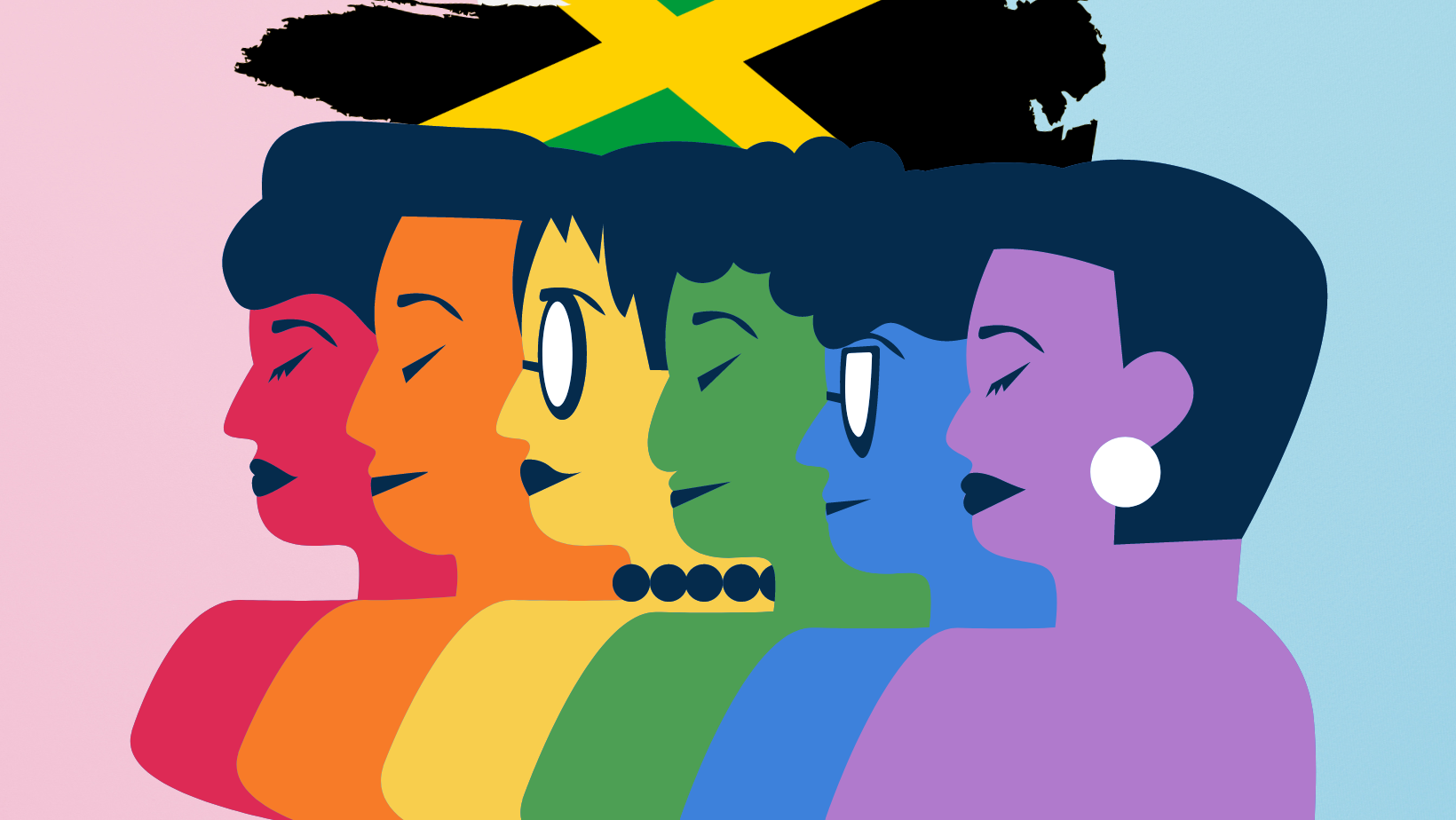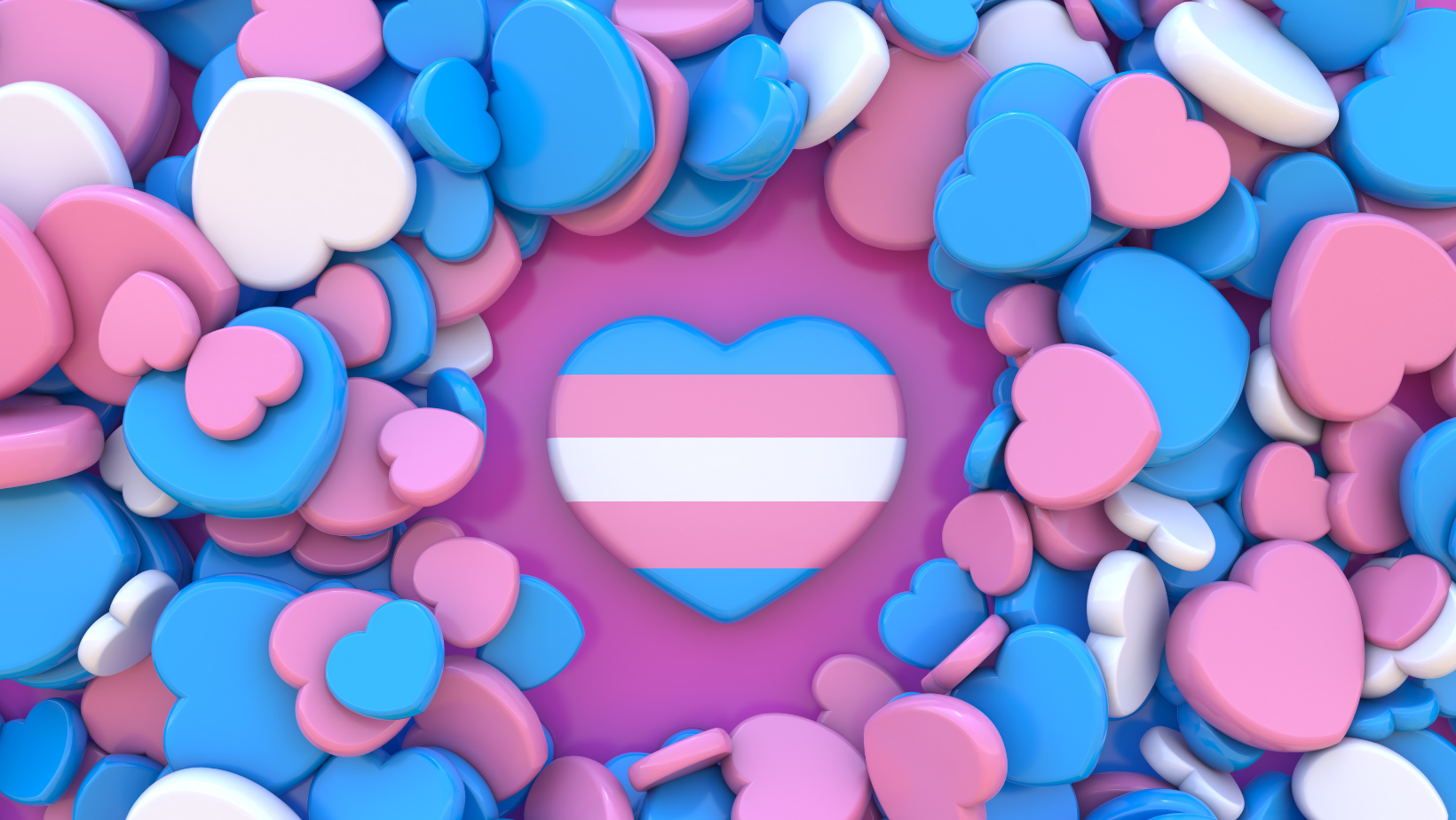According to Transwave, Jamaica’s premier civil society organisation that is trans-focused and trans-led, the COVID-19 pandemic has put the human resilience of the transgender and gender non-conforming community in the country under unprecedented strain.

Prior to the pandemic, the community had experienced several layers of vulnerability such as low access to education and employment, small or non-existent family safety nets, and extreme vulnerability to gender-based violence. The pandemic further exacerbated those struggles as transgender and gender non-conforming persons were particularly hard hit with major losses in income resulting in many being unable to afford housing, food, and other basic amenities. Sex workers in the community faced the biggest impact as the nightly curfews and no movement days affected their livelihoods. Also affected were homeless members of the community who were arrested and charged for being on the street in contravention of the restriction mandates.

Under UNFPA Caribbean’s HIV prevention programme of work and in keeping with its priority to leave no one behind and reach those furthest behind first, the agency collaborated with Transwave Jamaica and Equality Jamaica on a psychosocial support counselling pilot initiative for transgender and gender non-conforming persons. The activities included to expand the Equality Jamaica Community Mental Health Handbook for Practitioners and Mental Health Guide for LGBT Jamaicans and further strengthen the sections on transgender and gender non-conforming persons. Another key action was to provide psychosocial care and support for the community to strengthen their emotional well-being, mitigate mental health stressors, and enable them to practice self-care. Finally, psychologists were trained in the delivery of trans-competent psychosocial counselling for them to understand the diverse range of transgender and gender non-conforming persons, particularly those who are struggling with or questioning their gender identity and/or gender expression

Given the considerable evidence that transgender persons experience worse health disparities and outcomes than heterosexual persons in every country across the globe, UNFPA Caribbean sees great value in this intervention in Jamaica. Some findings regarding transgender persons include higher rates of depression, anxiety, smoking, alcohol abuse, substance abuse, suicide, and suicidal ideation as a result of chronic stress, social isolation, and disconnectedness from a range of health and support services. Transgender women are at higher risk of HIV and other STIs, including viral hepatitis. The relationship between HIV and mental illness is also bi-directional: poor mental health is a risk factor for HIV infection and, once infected, having HIV is a significant risk factor for developing mental health disorders. Further, co-morbidity of HIV and mental health is associated with poorer health outcomes - increased morbidity, mortality, reduced antiretroviral treatment adherence, and drug-resistance.



